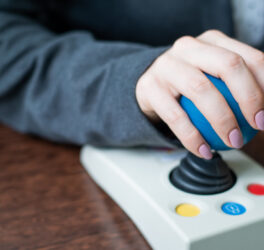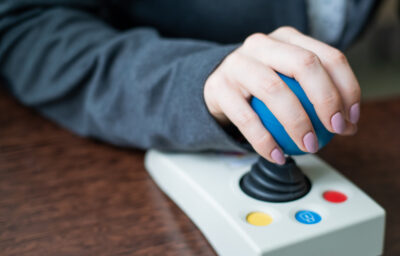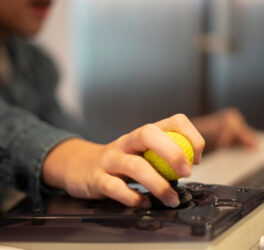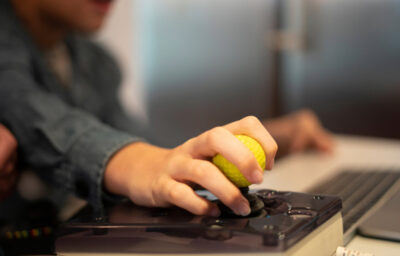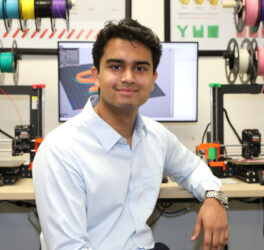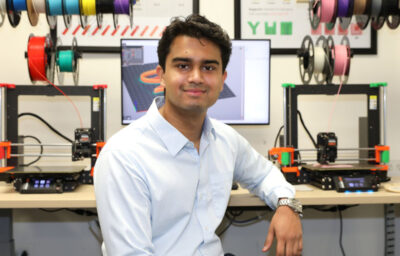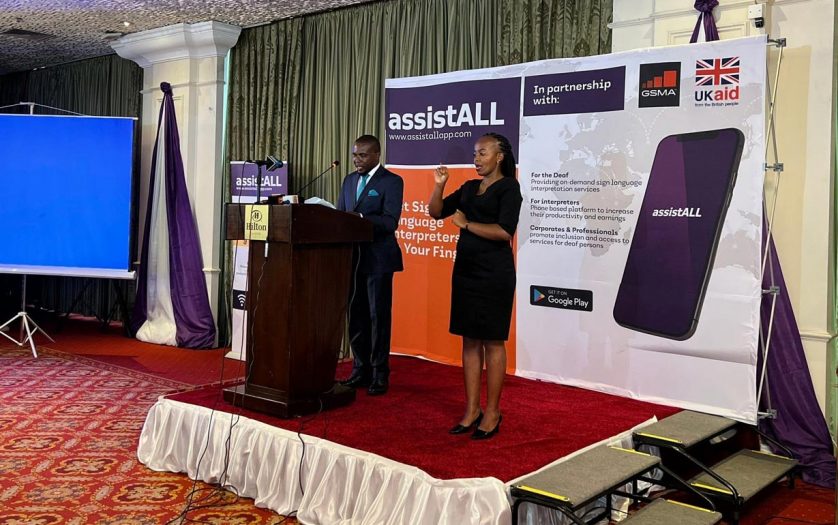
People with hearing disabilities will now use their smartphones to access interpreter services via a new app launched on Thursday, allowing anybody to access sign language interpretation services in Kenya.
assistALL is the first mobile phone app to provide sign language interpretation services in Kenya, developed by Signs Media Kenya Limited.
The app, which was initially developed to bridge the communication gap between people who are deaf and healthcare providers at the onset of the Coronavirus pandemic, is now being utilized in other sectors such as higher education, general healthcare, judicial system, government services, and finance.
“The assistApp shall reduce communication challenges experienced by health service providers” said Broadcasting Chief Administrative Secretary Maureen Mbaka.
“From now henceforth, doctors or nurses who don’t understand Sign Language can diagnose illness and administer medication to the people with hearing disability via this app, hence improving healthcare delivery to this critical population,” said Mbaka.

